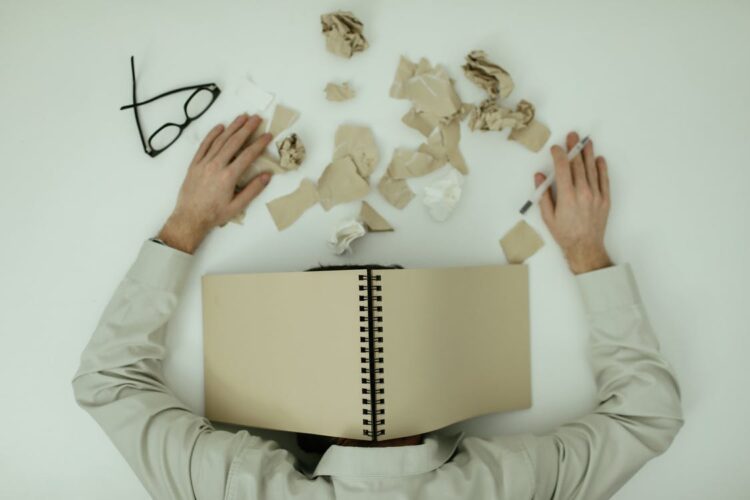You’ve finally finished—truly finished—writing your book. You wrote and rewrote. You worked with your editor to refine and polish. Your book was designed, proofed, and put out into the world.
You. Are. Done.
Now what?
You’d planned to start your next book right away, but every time you sit down at your desk, your mind starts to wander. (What were you going to write about, again?) You start procrastinating. (Those dishes won’t clean themselves, you know.) You stare at a blank page and a blinking cursor, wondering why you’re suddenly unable to make yourself sit still at your own desk.
Have you lost all your creativity? Will it ever return?
You haven’t lost your creativity; rather, you’ve worn it out with such an intense project. It will return—provided you give it sufficient time to recharge.
How much time you need between creative projects depends on:
- How intense your last creative endeavor was
- How much it drained you
- How quickly you usually recover
- What other demands you’re experiencing
Inspiration comes and goes, of course. To master it, you need discipline. You need BIC time—butt in chair time.
Everyone hits a low sometimes. Listen, with wars, pandemics, and unstable governments around the world, who wouldn’t hit a creative low just now?
I’ve been writing articles and blogs for over 15 years, and I’ve experienced my share of exhaustion. The last time was in 2017, when my father died. It was an unexpected death that gutted me. I walked away from a lot of things, including my regular writing gigs, for months. It felt like I had buried my creative spark along with my dad. Eventually, it came back after I put a lot of effort into doing what I could and not worrying about the rest.
When you’ve exhausted your creativity, what can you do to refill it? I’ve got six ideas to get you started.
Reward Yourself
Take a moment to admire what you’ve accomplished. Hold your book in your hands and reflect on the work it took to bring it to life. You did that. Well done, you!
Mark the occasion in some way. Throw an “I finished my book!” party for friends. Plan a day doing something you love. Maybe it’s relaxing at the spa, having an adventure in nature, or visiting your favorite city. Go to that favorite restaurant. See a game. Do something you don’t normally do and enjoy the heck out of it.
Get Out of Your Head … and Into Your Body
The best recharge I get after a long or intense writing project is being more physically active. That could be a long hike, increasing my yoga and meditation practices, cooking, or taking on a house project—even if it’s just sorting and tossing.
All these things take me out of my head and help restore balance between body, mind, and soul. Do something that helps you restore your own balance.
Create Project Closure
It’s amazing how seeing physical objects and electronic pixels keeps the weight of a project on us. Lighten the mental load by archiving or disposing of project papers and files. Tidy your desk and desktop, and your brain will tidy itself.
Use a Different Part of Your Brain
Especially when I can’t take a long break between creative assignments, I find working on completely different tasks can help me reset my brain. I clean out my inbox, catch up on administrative tasks, and get my paper filing done. Like archiving a project, mundane work tasks can free up mental space you didn’t realize was occupied.
Grab Some More Inspiration
What inspires your creativity? Once you’ve had a rest, go find it! Read for inspiration. Try different creative pursuits, like photography or drawing. See a performance or visit a museum. Seek out whatever sparks your creativity.
Just Get Started
The problem with the world of work is deadlines. They never end, and they’re always dogging us. You might already feel unprepared for that next deadline creeping up. That’s OK. Just start the writing process. Sketch out your next project. Start your research. Brainstorm. Journal. Whatever it is—get doing it!
And give yourself permission to have a rocky start. To be thoroughly, fantastically imperfect. Because even when the results are questionable, you’re getting back into shape. Why do we expect ourselves perfect right from the start? What thing of consequence has anyone ever done perfectly the first time? Give yourself room to faulter, and you’ll soon find steadiness.
Try Something Today!
BIC time is important, but so is listening to your needs. Try one or more of these tips to see what works for you. Refill your well before you draw from it again.


